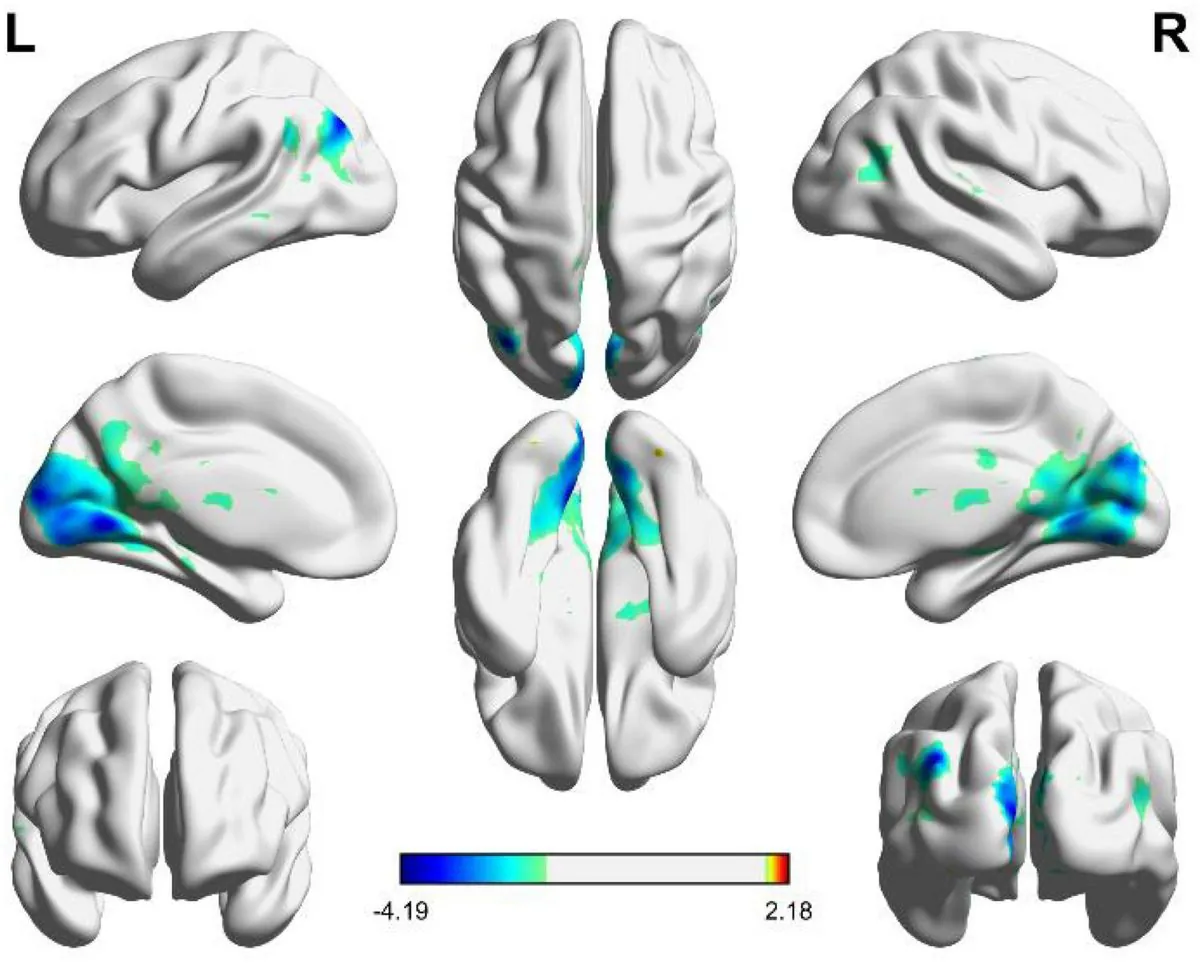Four distinguished researchers have been honored with a prestigious $1 million award for their groundbreaking work in visual neuroscience. The Champalimaud Foundation's Vision Award 2024 recognizes their collective efforts in unraveling the mysteries of how the human brain processes visual information, particularly in distinguishing faces, shapes, and colors.
The recipients of this esteemed accolade are Margaret Livingstone from Harvard Medical School, Nancy Kanwisher of the Massachusetts Institute of Technology, Doris Tsao from the University of California, Berkeley, and Winrich Freiwald of Rockefeller University. Their collaborative research has significantly advanced our understanding of visual perception and cognition.
The human brain's ability to process visual information is truly remarkable. Studies have shown that our brains can process entire images in as little as 13 milliseconds, and we can recognize familiar faces in less than 200 milliseconds. This rapid processing is crucial for our daily interactions and survival.
The researchers' work has shed light on various aspects of visual processing, including the existence of specialized brain regions for facial recognition, such as the fusiform face area. This discovery has important implications for understanding conditions like prosopagnosia, or face blindness, which affects approximately 2% of the population.
Their findings also have potential applications in addressing vision disorders and cognitive decline. For instance, their research could lead to new approaches in treating dyslexia, a common learning disability affecting about 20% of the population. Additionally, their work may contribute to strategies for combating dementia and other forms of cognitive deterioration.
The human visual system is incredibly complex, capable of distinguishing about 10 million different colors and over 300 shades of gray. However, color blindness affects approximately 8% of males and 0.5% of females worldwide, highlighting the importance of continued research in this field.
As we age, our ability to recognize faces begins to decline, typically starting around 30 years old. This underscores the significance of ongoing research into visual processing and cognitive function throughout the lifespan.
The Champalimaud Foundation's recognition of these four researchers not only celebrates their achievements but also emphasizes the importance of visual neuroscience in advancing our understanding of human perception and cognition. Their work paves the way for future breakthroughs in treating visual disorders and improving overall brain health.
